In the 1980s and ’90s golden age of point-and-click adventure classics, we were blessed with what has since developed into decades of self-referential comedy, iconic puzzle set-ups, and satisfying inventory management. LucasArts (now Lucasfilm Games) came in strong, furnishing us with family-friendly releases like Monkey Island, Maniac Mansion, and Day of the Tentacle; Revolution Software’s Broken Sword series played with somewhat darker and sexier (yet still silly) themes, while Cyan’s Myst and Riven introduced a more somber and intellectual side to the genre.
We were spoiled for choice until the 2000s. As players turned their attention to vast open worlds, immersive first-person action, and online multiplayer experiences, the era of lengthy puzzle games fell into dormancy. If a point-and-click game did come out during this time, it was almost a given that you’d see lazy references to the old classics, fan service that often felt forced or repetitive, and self-imposed limitations that kept the games from becoming something more than a rehash. For example, Myst came out on pretty much every console between 2000 and 2010, and had several attempted glow-ups, but it just never captured the spirit in the same way. It wasn’t quite old enough to be ‘retro,’ or young enough to be ‘cool.’
That’s not to say we didn’t have some great games in the slower years. Wadjet Eye Games has propped up hungry point-and-click puzzle fans with its steady stream of high-quality releases since 2011’s Gemini Rue, to mention just one. Games like Syberia, Dropsy, Quern, and Kentucky Route Zero appealed to the same sensibilities in the interim. While all vastly different games, their charm and head-scratching qualities were a balm to those who missed the old days and wanted a hefty commitment.
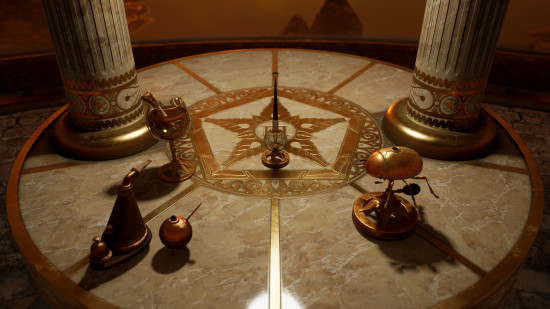
In 2013, Revolution Software garnered enough support to crowdfund Broken Sword 5, a gentle tap on the door of nostalgia that soon became a hearty knock. In just a few years, this remembrance of what was now, finally, a ‘retro’ genre started to create genuinely interesting new games that still knowingly referenced their predecessors and left breadcrumbs for lapsed fans while recognizing the need for something new. The Darkside Detective, Paradigm, and Thimbleweed Park are outstanding examples from 2017 – charismatic games in their own right, but full of throwbacks and hat-tips to those halcyon days when the point-and-click reigned supreme.
This was the initial rustling, the first few pages being turned into what has now become a fully fledged rewrite of the point-and-click adventure book.
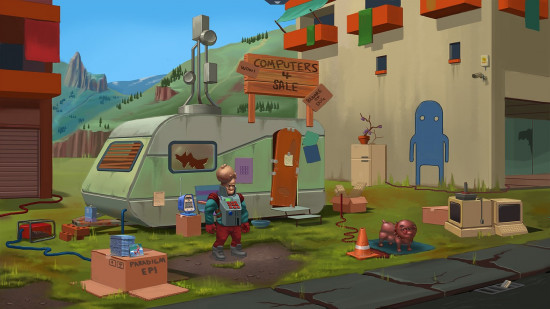
Those of us who loved point-and-click games will always be here, but the last few years have given rise to newer, younger players, showing this isn’t just a genre for your dad and his mates. These games can be sexy, scary, mysterious, modern… they can embrace key elements of other genres to make themselves stand-out hits in their own right. They can – and will – have as much of an emotional and psychological impact on you as any other game.
When Disco Elysium came out in 2019 it was solidly marketed as an RPG, but it itched the same part of my brain that yearned for a proper point-and-click experience. I was using items to solve puzzles, talking to people to learn how to progress, clicking where I wanted to go, and observing the mostly static world as I went. I cite this game a lot, but I mention it here with good reason. It proved two things for a new generation: that wordy, cerebral, and smart games could draw a big crowd; and that indie studios were best placed to make it happen.
Point-and-click games don’t have to weigh down your SSD or exhaust your graphics card, and they don’t require a huge team or triple-A budget. They’re usually small in scale, humble in appearance, but huge in potential impact and story. Given their nature, they are more affordable and accessible for both the developer and the consumer, and they translate seamlessly onto almost any device. It’s one of the only genres where indie studios can create something indistinguishable from a studio with enormous financial backing.
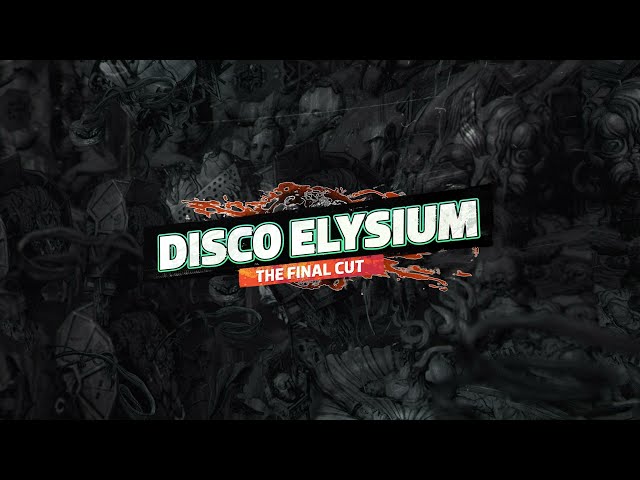
The years following Disco Elysium’s lore-and-narrative-heavy success saw the beloved old genre revitalized in a way no one expected. Suddenly, developers were dropping the references to older games that had once seemed like a necessary addition, instead thinking of new ways to present inventory management, novel art styles, and contexts. This wasn’t just a hang-over of a bygone, retro era anymore; this was the 2020s where point-and-click games could be whatever the hell they wanted.
This shift happened pretty quickly. 2019’s Hypnospace Outlaw’s simulated ’90s desktop feel was drenched in nostalgia, but not for the LucasArts days, while Paradise Killer flipped the genre on its head and looked at it as a detective game first, puzzle game second. The gameplay was completely different from any point-and-click that had come before – there were no pre-painted flat backdrops to walk across, pixelated lead characters, or tinny voice acting to endure. There were no references to Monkey Island or knowing winks to the infamous goat puzzle – this was fresh, exciting, enduring game design that showcased how creative the genre could be.
2022’s Who’s Lila is a horror-tinged point-and-click-style game you play entirely by manually controlling facial expressions, and 2024’s Phoenix Springs eschews the traditional inventory entirely in favor of a mental mind map, letting you draw conclusions from contextual clues. In 2022’s The Case of the Golden Idol, you zoom in on items to get a proper look at them and use sideways logic to figure out what’s happened just minutes before. Pentiment, also released in 2022, doesn’t give you an inventory at all but allows you to shape the world through your comments and actions, remembering information, twisting it, and combining it for effect. None of these are traditional point-and-click games, but they all wear the banner with pride. This is what we can expect now, this is the future of the genre, and it’s only going to get bigger.
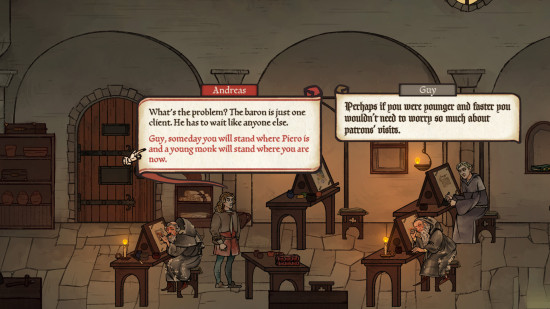
Modern point-and-click adventures owe their resurgence in part to the rise of cozy gaming, a topic worth studying in its own right. Games like Stardew Valley and Animal Crossing taught us that the virtues of patience and contemplation could enrich a videogame experience. Games like A Little To The Left, The Room, and recently Thank Goodness You’re Here ease a new generation of gamers into the concept of a puzzle you have to put down and come back to with a new solution each time.
Alongside this, the move away from repetitive nostalgia for the sake of it actually allowed more traditional point-and-click games to flourish. The dynamic, edgy, and creative releases could now act as gateways to the more old-school games and a tempered appreciation for the past. Now, when we get a game that upholds the ’80s and ’90s classics as references, it feels like a rare treat, rather than an over-saturation or a chore. The Excavation of Hob’s Barrow, Tails Noir, NORCO, and The Procession to Calvary are all fantastic examples of how a more straightforward point-and-click interface is ready to be embraced by a modern crowd when the writing and direction still push the boundaries.
This has led to some incredible remasters, remakes, and reboots of older releases and franchises that now have a new and hungry audience, ready to experiment with a game that puts story and exploration first. 2022’s Return to Monkey Island marked the first entry in the series in 21 years, while Broken Sword: Shadow of the Templars, Sam and Max: The Devil’s Playhouse, and Riven have all been remade in the last two years to thunderous acclaim – both from fans who were there in the ’90s and those who were born this side of the millennium.
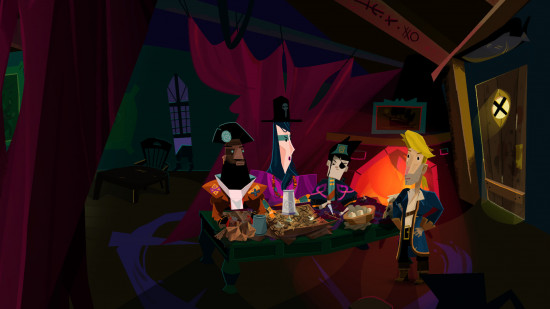
There’s a new Broken Sword game due for release in 2025, the much-anticipated Blue Prince, which again seems to be playing with the expected potential of what these games can do, and hundreds of smaller titles that are sure to delight us in a million different ways.
Point-and-click games are here to stay, and their boundaries and definitions are endlessly expanding. The last two years – and from the looks of it, the next few – have been an especially rich period for the genre, as the allure of mystery and ageless quality of the gameplay seems to have captured our hearts once again.

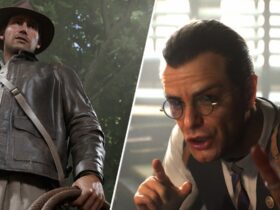
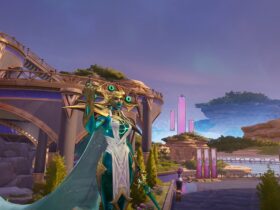

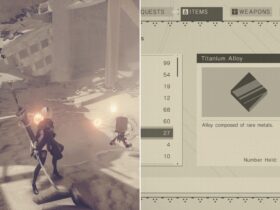

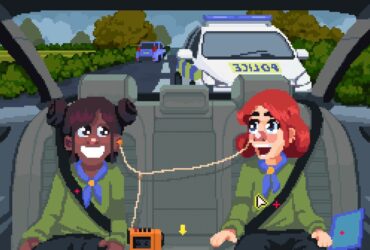
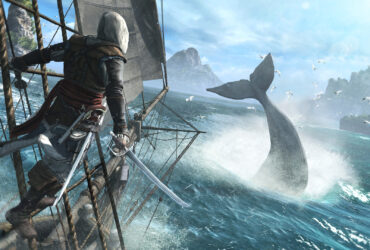
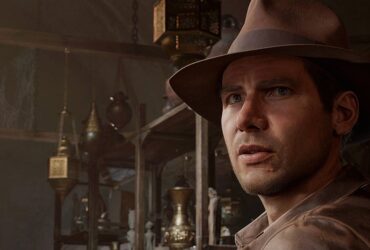

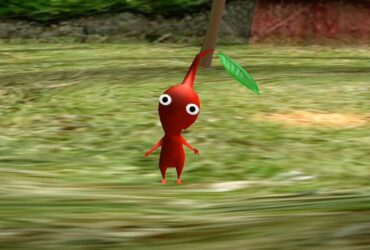

Leave a Reply